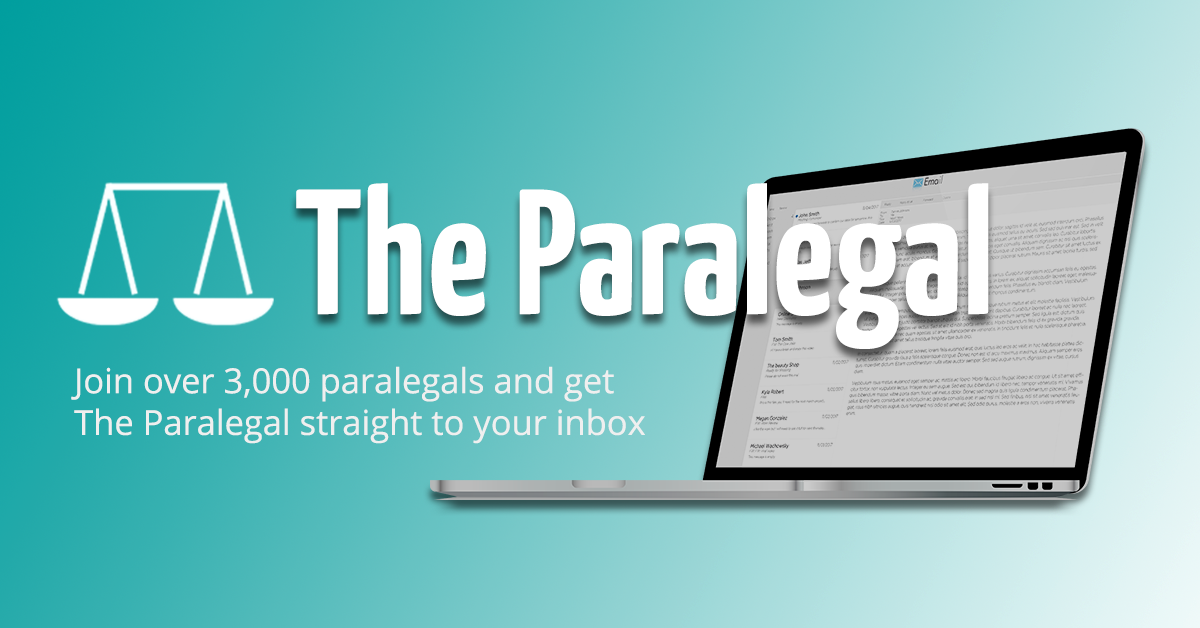Our Code of Conduct
The Institute of Paralegals reserves the right to terminate membership of any individual or corporate member where it believes that the member may be in breach of its code of conduct or where it has reason to suspect that a member is involved in any action or situation, whether intentionally or by coincidence, which may bring disrepute upon its members.
This does not necessitate a complaint being made, nor does it necessitate the allegation of misconduct.
The Institute does not take such action lightly and does so in the best interests of the Institute as a whole.
Decisions made by the Secretariat are final and no further correspondence is entered into with the Member, once such action has been taken to avoid unnecessary distress.
This is the Paralegal Code of Conduct, the Institute's rules and principles of professional conduct for Institute members.
In this Paralegal Code: "member" includes all grades of membership of the Institute.
When interpreting this Code, the Institute will take into account the relevant level of membership and the competency standards when adjudicating on competency or similar issues, and the current best practice for legal services.
All members of the Institute are required to comply with the Paralegal Code of Conduct, the Complaints procedure and any other rules governing professional conduct matters passed by the Institute from time to time.
Members must:
2.1. Support the Institute’s objective of helping to ensure good standards of service to clients, by promoting the Institute and the Paralegal profession as a whole.
2.2. At all times when acting as a paralegal uphold the standards of professional practice set out in this Paralegal Code.
Complaints will be handled in the first instance by the IoP’s membership team. The secretariat has the authority to consider and determine any complaint made against an IoP member.
The secretariat has the power to sanction a member found in breach of the Institute’s Code of Conduct; other rules of the Institute or where it considers that the level of behaviour expected of a Paralegal has fallen below an acceptable standard. Such standard will be judged by the Secretariat having taken into account all the circumstances. Sanctions include but are not limited to suspension or termination of membership or an order that a member cease to use the Associate, Qualified or Fellow of the IoP titles even if such a member remains a member.
The secretariat does not have authority to order payments of fines or costs or compensation to a complainant or other party. However, if the secretariat make recommendations to a member about recompense to a complainant (e.g. return of fees paid or client documents held in lien) and these are ignored, then that fact may be taken into account when adjudicating a matter.
A member, when acting in his/her professional capacity or as a corporate member shall so conduct him/herself so as to:
4.1. Provide a good standard of work at all times;
4.2. To uphold my duties and obligations under law;
4.3. Avoid any action or situation which may bring disrepute upon the Institute or its members;
4.4. Avoid doubt being cast upon his/her own professional integrity or the reputation of the Paralegal Profession;
4.5. Assist with the impartial administration of justice;
4.6. Recognise that the interests of the client (if any, his/her employer if not) are paramount to those of all others, save that at all times, and in all matters, a member’s primary and overriding duty is to the court;
4.7. Ensure clients and others fully understand from the outset that they are dealing with a paralegal or paralegal law firm and not a statutory regulated lawyer;
4.8. All legal practitioners owe a wider duty of care to society at large. Members are therefore
expected to conduct themselves and their businesses in a way which, whenever reasonably
possible, seeks to improve the quality of service given to clients and to support
access to justice for all and uphold the rule of law;
4.9. Where a member is subject to other jurisdictions or legal systems outside of the United Kingdom, Channel Islands and Isle of Man then he/she is expected to comply with these professional standards where practicable, but will not necessarily be deemed to be in breach if there has been compliance with established local custom and practice which is itself in conflict with these standards; and shall observe and be bound by this Code and any other practice and conduct rules issued from time to time by the Institute.
Actions of a member in his/her private capacity may be a matter of relevance to the Institute, and thus be covered by this Code, if it is of such seriousness as to impede, influence or otherwise affect the member in his/her personal capacity.
Members acknowledge that the Institute does not exist solely for the benefit of its members.
An integral part of the duty of members is to have regard to the interests of clients and also the wider general public (i.e. the duties in this Code are not just limited to clients, but extend to the public who come into contact with and who may be affected by members’ conduct).
The Institute reserves the right to consider complaints made by members of the public.
A member shall not:
7.1. Misuse the trust reposed in him/her, nor reveal confidential information other than to those entitled to receive it.
Members are under a duty to keep client’s confidential information to his/her firm or organisation the affairs of clients/employers and to take steps to ensure that staff reporting to them also understand the duty of confidentiality;
7.2. Act for two or more clients where there is a conflict of interest between them or where there is a conflict of interest between the member and the client or the member’s employer and the client;
7.3. For the personal gain of him/herself or his/her family take advantage of information obtained in the course of his/her conduct of any matter;
7.4. Hold him/herself out as a member of the Institute unless he/she is in good standing as a fully paid up member;
7.5. Overcharge clients or profit from the paralegal-client relationship without such profit being disclosed to the client.
7.6. A member shall, at all times, work within the framework of the law and shall use his/her best endeavours to avoid any breach of the law by his/her client/employer;
7.7. Continue to use his/her professional designation (e.g. Associate Paralegal) or letters granted (e.g. Q.Inst.Pa) after membership terminates for any reason;
7.8. Claim to be regulated by the Institute.
Members must:
8.1. be open, honest and co-operate in your dealings with the IOP by responding to any requests
promptly and fully within the indicated period of time.
8.2. immediately notify the IOP of any breach of this Code by yourself or other Paralegals.
8.3. disclose any other information about yourself which the IOP would reasonably expect to be notified.
8.4. not take any action to prevent anyone from reporting you to the IOP.
8.5. acknowledge that the IOP is subject to the requirements of the Freedom of Information Act 2000 (as amended) and shall assist and co-operate with the IOP to enable the IOP to comply with any information disclosure requirements.
Members must not discriminate on grounds of race, age, sex or sexual orientation, and must not discriminate unfairly or unreasonably on grounds of disability in their professional dealings with clients, employers, staff, other legal practitioners or other persons.
Members acting as principals must operate a policy dealing with the avoidance of such discrimination, and members with management responsibilities in employed situations must use reasonable endeavours to secure the operation of such a policy.
MEMBERSHIPS FAQ
sTANDARDS FOR PARALEGALS
REGULATIONS AND PROFESSIONAL CONDUCT

Competency standards



